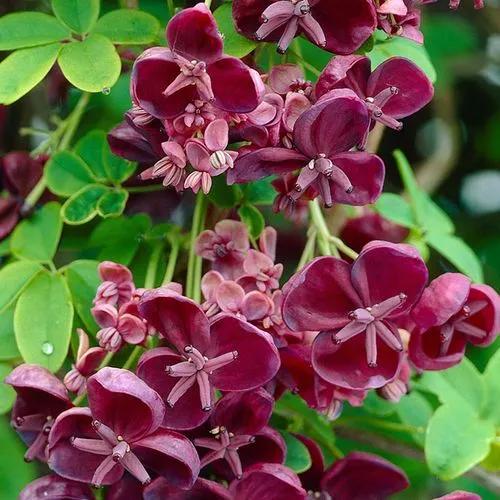Lemons are a variety of Citrus, which grow on attractive, ornamental evergreen trees, usually reaching a height of up to 1.8m (6ft). They are not reliably cold hardy in Britain, so are best grown outside in containers from late spring/early summer to the beginning of autumn, and then brought inside for the winter.Lemon trees produce lovely, white, fragrant flowers that may appear all year round, but more profusely during late winter. The fruit ripens in around 12 months, so trees may be in flower and fruit at the same time. They are self-fertile, so you will only need to grow one tree to get fruit.They don’t make great houseplants, as they need plenty of light and most rooms – apart from a conservatory – aren’t really light enough or suitable. They dislike central heating, as this makes rooms too hot and stuffy with a lack of essential humidity.
Lemon Care
Citrus × Limon



How to Care for the Plant

Water

Lemon trees need plenty of water, especially during the summer months and when flower buds have started to form. Water helps in the good development of the fruits. Water lemon trees either early in the morning or in the evening so water does not evaporate quickly. Lemons have very shallow roots, so it would greatly help if they are exposed to moisture for a longer period.

Pruning

Pruning the trees allows you to remove dead or diseased branches. Through this process, you also take away low-lying or inward-growing branches that block airflow in the innermost parts of the trees.

Fertilizer

Lemon trees can absorb very high levels of nutrients from the soil. For this reason, you have to add more fertilizer regularly, especially during the months of May and April. You can use seaweed fertilizer to provide your trees with more of its required nutrients or trace elements. For 1 year old trees, you can use about 1 kilo of animal manure or compost per tree. For trees that are more than 8 years old, about 20 kilos of compost fertilizer should be good enough. To attain proper pH levels, you can also add dolomite or lime into your fertilizer mix during the months of November and December.When applying fertilizer, make it a point to water the trees afterwards. This will help in evenly spreading the nutrients. Also, do not put fertilizer on or near the tree trunk. Apply the mix in the area near or around the drip line of each tree.

Sunlight

Full Sun It cannot grow in the shade.

Soil

Suitable for: medium (loamy) and heavy (clay) soils and prefers well-drained soil. Suitable pH: acid, neutral and basic (alkaline) soils and can grow in very alkaline soils.

Temperature

Lowest Temperature:20° to 30°F (-7° to -1°C)

Additional

Low potential for sensitization through skin contact with volatile oil

Popularity

1,117 people already have this plant 126 people have added this plant to their wishlists
Discover more plants with the list below
Related articles






